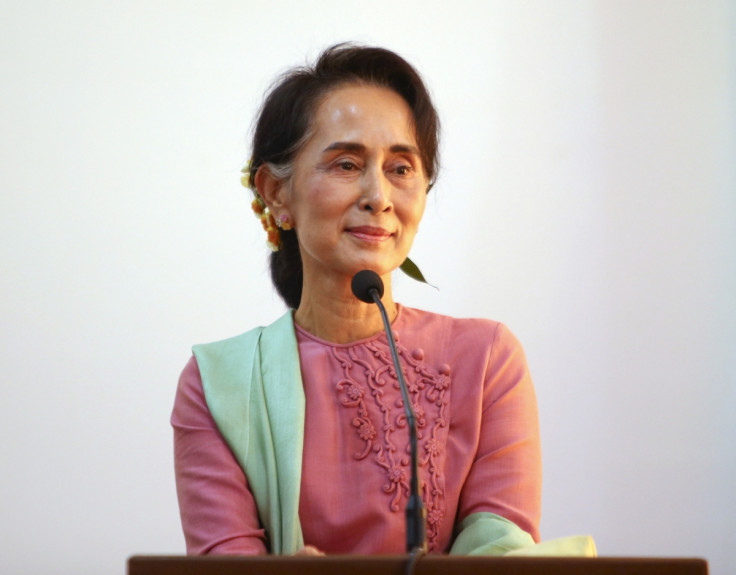Holocaust Museum 'horrified' by Rohingya attacks and 'absent' Aung San Suu Kyi in Myanmar
Thousands have fled from Myanmar to neighbouring Bangladesh.
The United States Holocaust Memorial Museum has expressed its horror at the the ongoing persecution of the Muslim Rohingya community in Myanmar and shamed the country's de facto leader and one-time human rights icon, Aung San Suu Kyi.
About 290,000 Rohingya are said to have fled Rakhine to neighbouring Bangladesh in the past three weeks.
Myanmar has always insisted that they are fighting Rohingya "terrorists", but the Rohingya have alleged that the military and some Rakhine Buddhists have been waging a violent campaign against them, burning their villages.
Now the United States Holocaust Memorial Museum has called on the government to act in order to prevent further bloodshed.
Cameron Hudson, director of the museum's Simon-Skjodt Center for the Prevention of Genocide, said: "Government efforts to deny Rohingya citizenship rights, restrict their freedom of movement and the practice of their faith, and deny their basic human rights have all been identified as leading precursors to a genocide."
In 2012, the museum awarded Aung San Suu Kyi the Elie Wiesel Award, its highest honour.
When she was awarded the honour, she was described as and "extraordinary woman whose battle for her people's freedom remains an inspiration to many others."
Now, it says the ideals that she inspired "appear absent" in the defence of Rohingya.
The museum has implored that Suu Kyi uses her her position in government and her "even more powerful voice to uphold those very ideals and work to stop the longstanding persecution and violence that threaten the very existence of Rohingya in Burma (Myanmar)."
Suu Kyi, the de-facto leader of the country has come under increasing pressure to act from the international community in recent weeks.
Officials in Bangladesh have said that the Myanmar government forces have been planting landmines to prevent Rohingya from returning to the country, a claim that the government has dismissed.

© Copyright IBTimes 2025. All rights reserved.






















